Duration
Class Schedule
Financial Aid
Placements
Access to state of the art equipment and industry-centric curriculum, shaping future success.
The PG Diploma in Cinematography is designed for graduates and visual storytellers eager to deepen their understanding of cinematic language through hands-on, industry-relevant training. This intensive program focuses on mastering camera techniques, lighting design, lensing and shot composition - equipping students with the creative expertise for professional roles in film, TV and digital media.
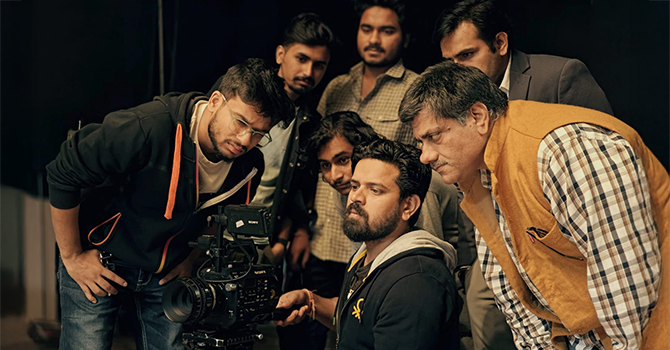
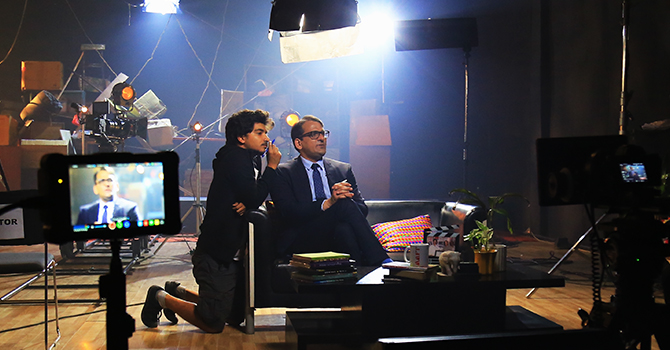
With our one-year PG Diploma in Cinematography program, students receive hands-on training in camera composition, visual effects, lighting, color grading, sound design, and more. The Diploma course in cinematography follows a 70:30 model, with 70% practical learning and 30% dedicated to written assessments, strategic thinking, and critical analysis.
At AAFT, the PG Diploma course in Cinematography is led by a distinguished team of educators and active industry professionals involved in national and international event projects.
AAFT’s intensive one-year cinematography course is backed by dedicated placement support, strong industry linkages, and a focus on real-world outcomes.
The PG Diploma in Cinematography emphasizes hands-on learning through camera workshops, lighting drills, and supervised on-set practice. Students explore both the technical and creative dimensions of cinematography, mastering tools like DSLR and cinema cameras, lenses, and lighting setups. The curriculum includes real-world projects, internships, and a final showreel, helping students apply their cinematography skills across film, television, OTT, and advertising.
Master framing, composition & exposure, importance of video production, aspects of camera and accessories
Master film and TV projects, pitching concepts and scripts of film, TV and news production
Advanced Lighting Techniques
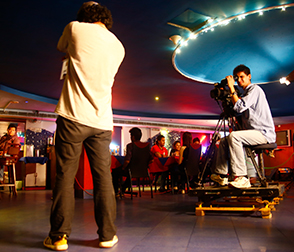

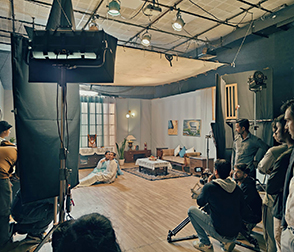
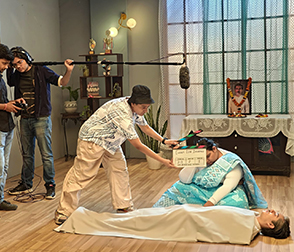
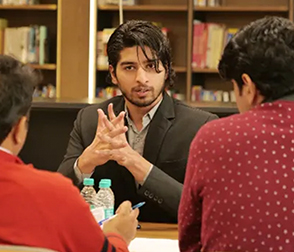

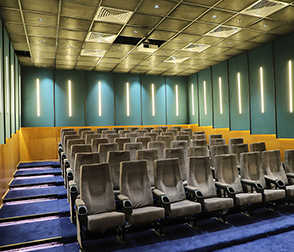



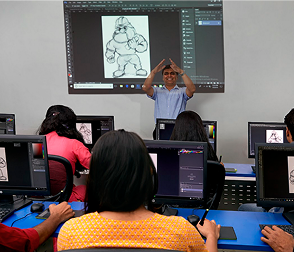
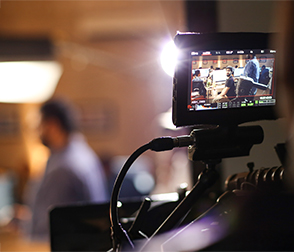

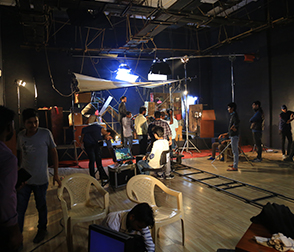

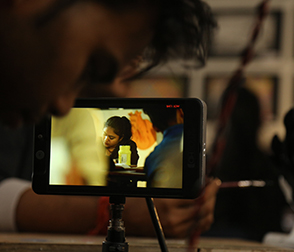


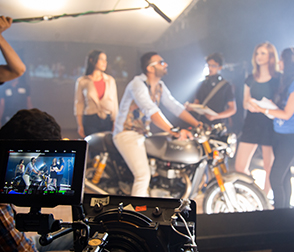

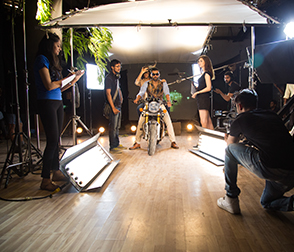
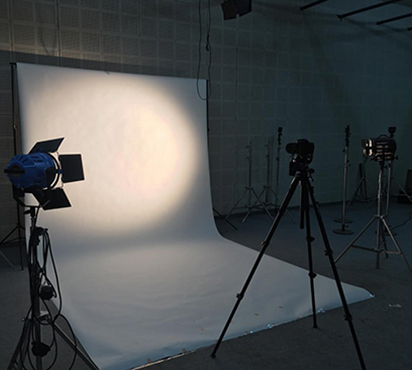
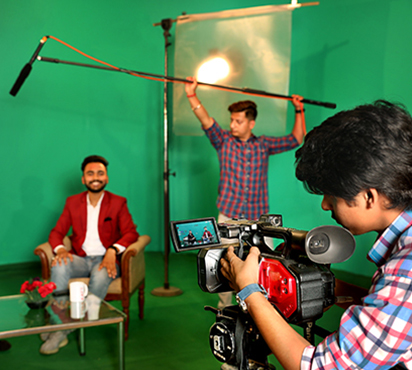
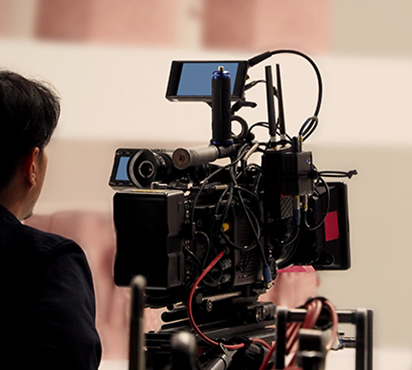
AAFT Boats of a highly qualified and experiences team of professor who hold impeccable industrial acumen after having led successful careers in their respective fields.
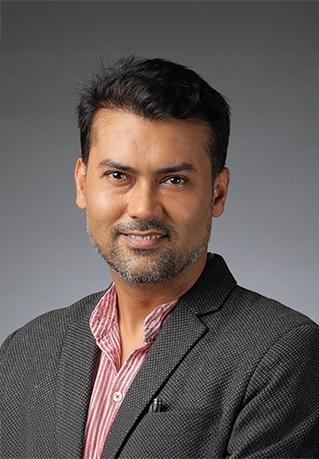
Assistant Professor
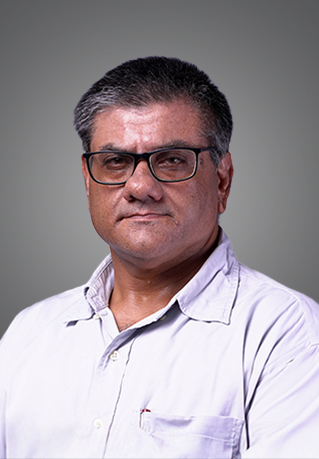
HOD - Production
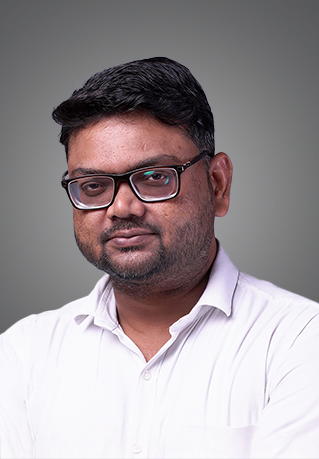
Assistant Professor
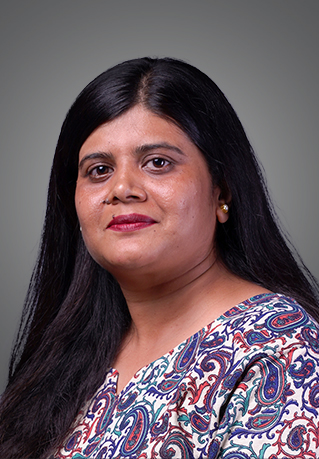
Assistant Professor
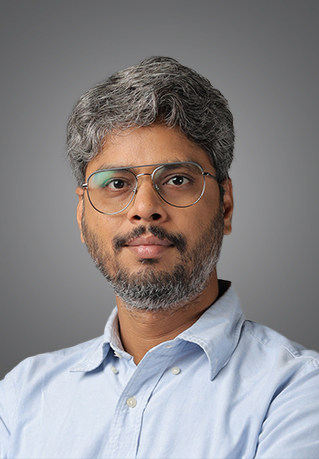
Assistant Professor
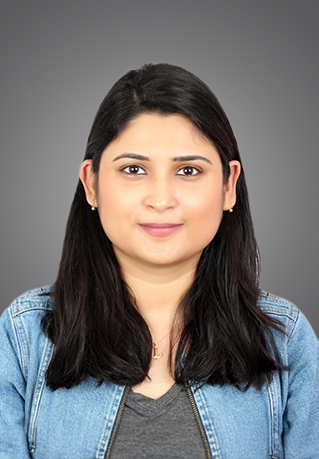
Assistant Professor
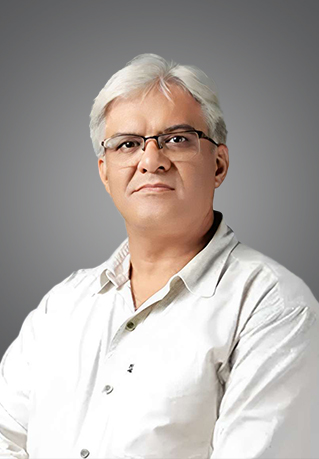
Assistant Professor
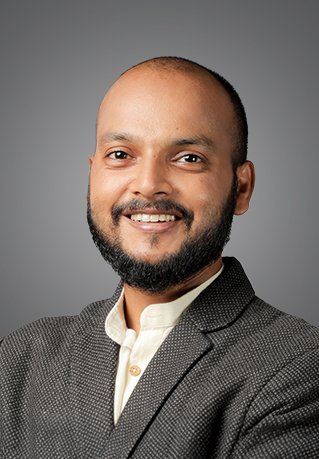
Assistant Professor
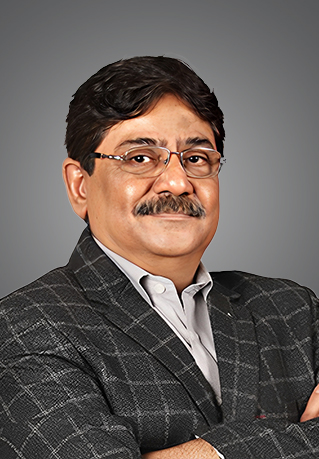
Assistant Professor
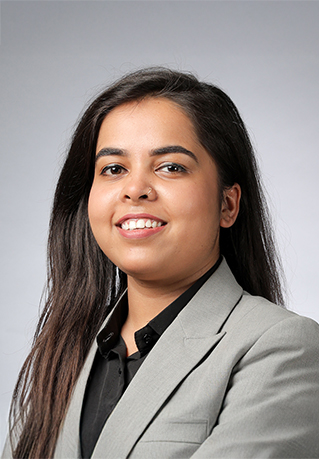
Teaching Assistant

Assistant Professor
Kerry on Kuton, The Preacher
Film Director
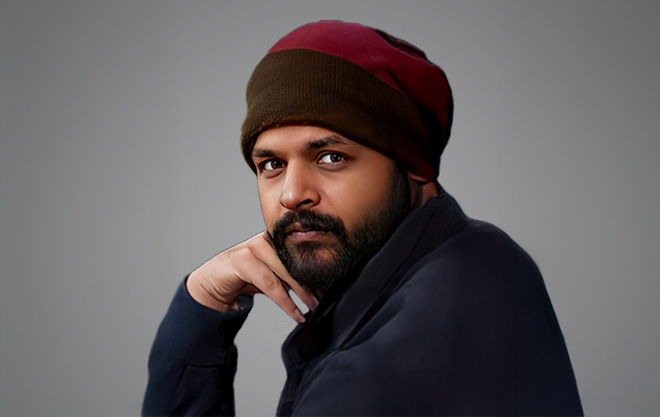
PhoneBhoot
Film Director
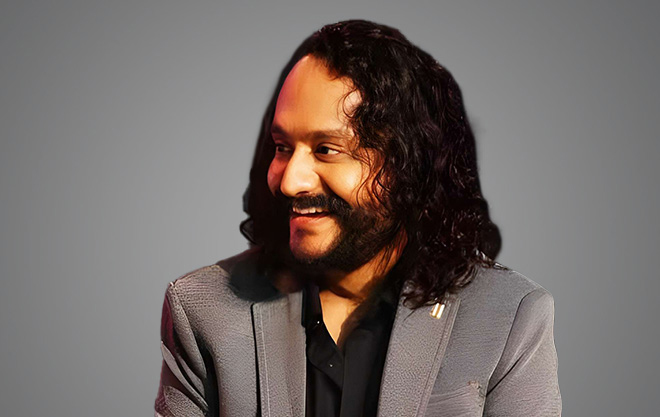
Dude Season 2
Production Executive
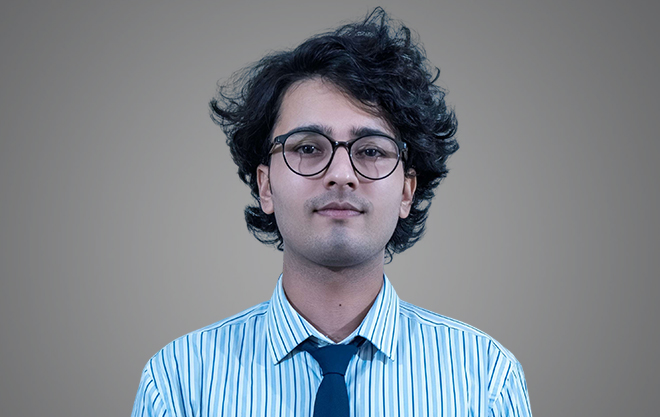
Banijay Asia
Cinematographer
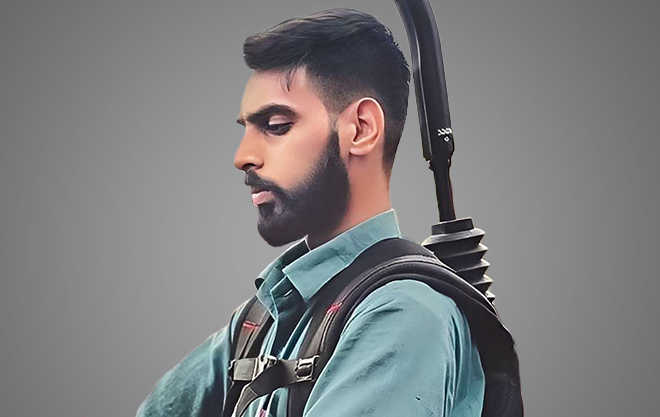
We attract exceptional candidates who possess a blend of intellectual curiosity, leadership potential and a passion for music, thereby creating a cohort of promising future leaders.
Candidate must have a 10+2 from a recognized university/institution
Candidate must have a minimum of 50% marks in 10+2 (45% for reserved categories)
Candidate need to clear the AAFT Global Entrance Test (GET)
Candidate must have a 10+2 from a recognized university/institution
A personal interview will be conducted to screen your application.
Post the admission round, the admission letter will be rolled out to the selected candidates.
To pursue a cinematography course, candidates typically need to have completed 10+2 or an equivalent qualification.
Yes, cinematography can be high-paying, especially with experience and a strong portfolio. Professionals in this field work on films, TV shows, advertising, and OTT platforms. Though fresh graduates often start with entry-level roles, with time, they can scale up to well-paying positions like Director of Photography or Camera Supervisor.
The Diploma in Cinematography is a 1-year program.
After completing a cinematography course, you can work as
Cinematographer
Camera Assistant
Gaffer
Film Editor
Freelance filmmaker
Fill out the application form online at pay-registration or visit the campus. For details, call 09811014536 / 09811013654 / 0120-4831100 or visit apply-now.